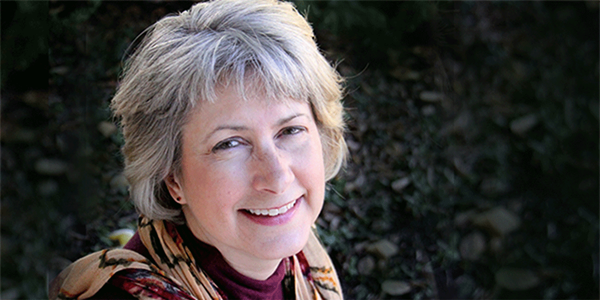When I arrived at Garrett-Evangelical in 1987, I was transferring from another seminary in order to study with Rosemary Radford Ruether. I was also not, at that point, a United Methodist.
Garrett-Evangelical Seminary is one of the 13 United Methodist seminaries supported by the Ministerial Education Fund apportionment of the United Methodist Church.
I was not disappointed with Radford Ruether. I took several excellent courses with her. But I was very pleased with my other courses and professors as well. I particularly remember Peter Nash, the course on Howard Thurman that I took from Henry Young, and the worship class I took from Dwight Vogel.
If I could have figured out a way to do this, I would have continued to take classes at Garrett-Evangelical indefinitely. I appreciated the class discussions among people of a variety of viewpoints; this honed my own theological thought. It was a luxury to ponder theology, scripture, and our call to transform the world into the realm of God. Professors were encouraging and challenging. The beauty of the building was welcoming and reminded us of the communion of the saints.
My only regret is that because I was working full-time at T he Christian Century magazine at the time, I had to take classes part-time and missed getting to know more classmates better. On the other hand, because I was working in downtown Chicago, my sanctuary of study was balanced by experience in the world outside the walls of the church.
Before long, and contrary to my expectations, I became immersed in The United Methodist Church. Classmates invited me to visit their congregation, Trinity United Methodist Church in Wilmette. I eventually joined that church. Phil Blackwell did a great job of teaching his congregation, through sermons and other opportunities, about the Wesleys' theology and method.
After the change in the ordering of ministry, I heard my calling in the order of deacon. Leading the church in its call to serve the neglected and rejected, helping lay people discern their calls to ministry, and using my ministry of the word-which I identified as primarily the written word-sounded like the ministries I was already practicing.
What ordination gave me was a covenant of accountability to the greater church, the conference, and to others in an order. In 2000, after much pondering and occasionally a bit of hesitation because of the greater responsibility to the church, I became a deacon and full clergy member in the Northern Illinois Conference.
By then I was working for The United Methodist Publishing House in Nashville. I had the honor of working at the 2000 General Conference with J. Richard Peck, one of The United Methodist Church's great ministers in communication, and he taught me a lot about how the General Church works.
I am finding that United Methodist seminaries do a good job of preparing clergy to nurture a passionate faith, help faith communities to develop plans to reach new people, and engage in healthy self-care. That is why it is important to me to continue to support my United Methodist alma mater.
I don't have children and as I worked on my own financial planning, I realized that I could easily help Garrett-Evangelical build its future by making it the beneficiary to my life insurance policy.
Increasingly more people are hearing the call to the diaconate. This makes sense, as the church becomes less institutional and more a covenant community of people who speak about and live out the good news for the poor for the transformation of the world.
My decision to make Garrett-Evangelical the beneficiary of my life-insurance policy will help to support one of the church's critical ministries.
excerpt from a story by Victoria Rebeck, Northern Illinois AC, GET website
One of seven apportioned giving opportunities of The United Methodist Church, the Ministerial Education Fund is at the heart of preparing people for making disciples of Jesus Christ for the transformation of the world. The 13 United Methodist seminaries help students to discover their calling through the challenging curriculum. The fund enables the church to increase financial support for recruiting and educating ordained and diaconal ministers and to equip annual conferences to meet increased demands. Please encourage your leaders and congregations to support the Ministerial Education Fund apportionment at 100 percent.





